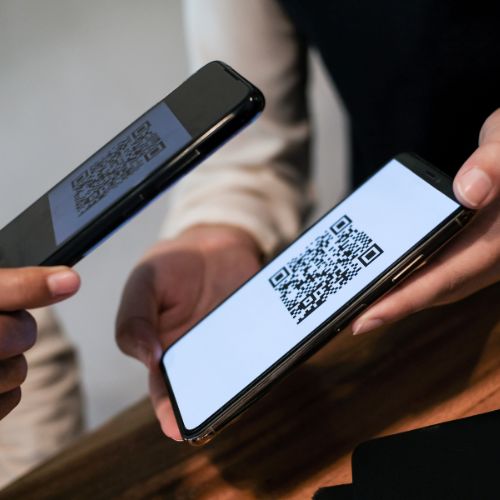In the digital age, scams and frauds have evolved along with technology. One of the most recent and worrying tactics is “quishing,” a form of telephone scam that seeks to trick people into revealing personal and financial information.
In this article, we will explore what quishing is, how it works, and most importantly, how you can protect yourself from falling into this trap.
What is Quishing?
Quishing is a variant of the scam known as “phishing,” but instead of using emails or text messages, scammers use phone calls to trick victims. The term comes from the combination of the words “phishing” and “voice”, and is an example of how criminals adapt their methods to evade increasingly sophisticated digital defenses.
How Quishing works
- Fake Calls from Known Institutions: Scammers use techniques to make calls appear to come from trusted institutions, such as banks, credit card companies, or even government agencies. This can be achieved by using technology that manipulates caller ID to display false information.
- Deception and urgency: As in other scams, scammers often create urgent situations to pressure victims to act quickly. They may claim that there is suspicious activity on the recipient’s account, that immediate verification of the information is required, or that there are pending legal issues.
- Request for sensitive information: Once they have the victim’s attention, scammers ask for personal and financial information, such as account numbers, passwords, verification codes, and other sensitive information.
How to avoid being scammed by Quishing
- Verify the contact’s identity: Never provide sensitive information without verifying the identity of the caller. Ask for specific details about the account or situation and contact the institution directly using the official contact information, not that provided by the caller.
- Don’t let yourself be pressured: Stay calm and don’t let yourself be pressured by emergency situations. Scammers try to create panic so that you make hasty decisions. Take the time to confirm the authenticity of the call.
- Be wary of unexpected calls: If you receive an unexpected call requesting personal or financial information, be skeptical. Banks and other legitimate institutions often communicate by other means before resorting to phone calls.
- Use security tools: Consider using spam call blocking services or security apps to protect yourself against these types of scams. Also, keep your devices and apps updated to take advantage of the latest security measures.
- Educate family and friends: Share information about quishing with your family and friends. Awareness and education are key to preventing these types of scams.
In conclusion, quishing is a real threat that can affect anyone. Stay alert, verify the authenticity of calls and protect your personal information. By being informed and taking preventive measures, you can significantly reduce the risk of falling into this telephone trap.


Leave a Reply